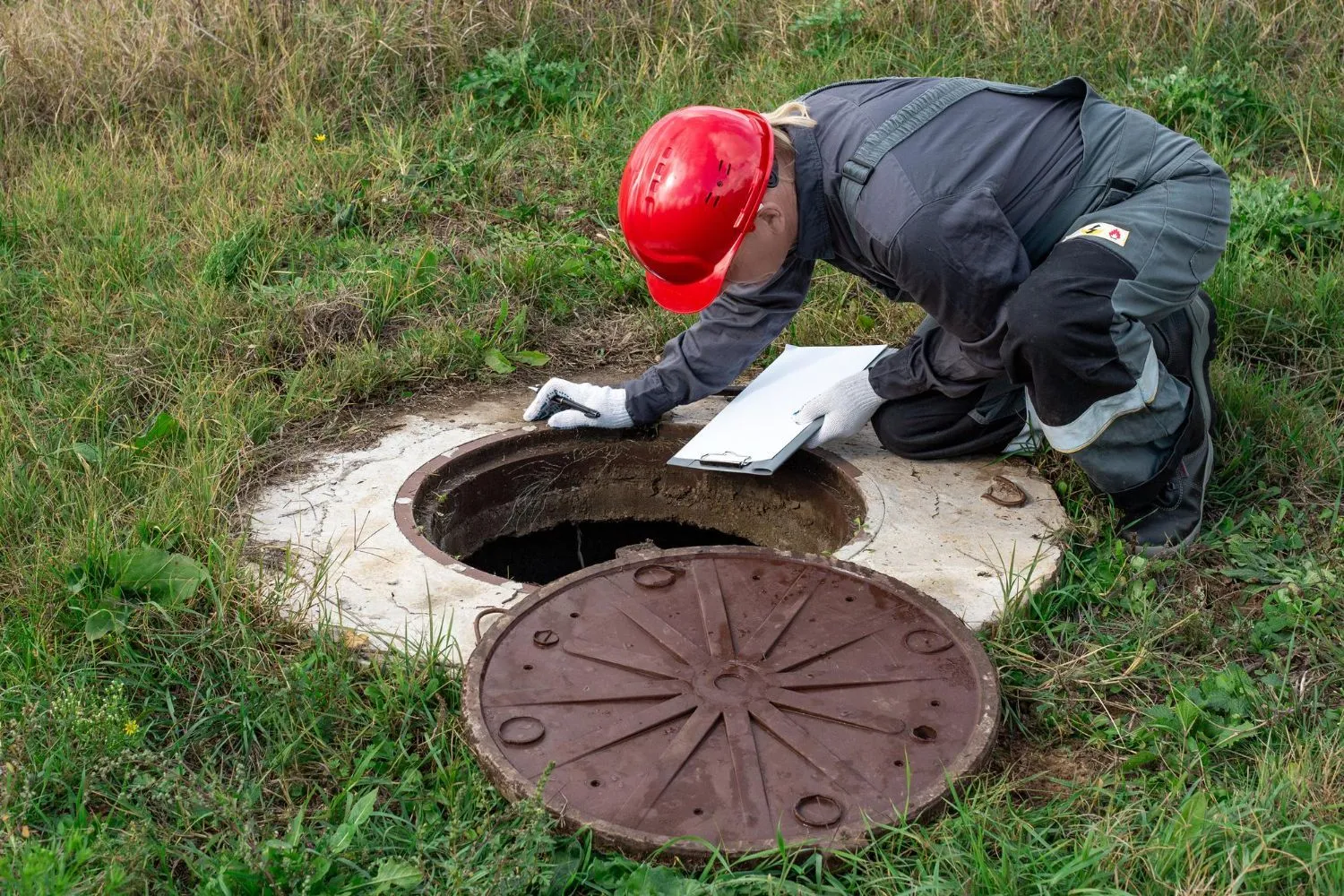How Often Should your Septic Tank be Serviced?
Septic tanks play a crucial role in waste management for homes that are not connected to a public sewer system. Proper maintenance and regular servicing are essential to ensure the system functions efficiently and avoids potential health hazards and costly repairs. One frequently asked question by homeowners is how often their septic tank should be serviced. While the answer may vary depending on several factors, let’s take a closer look at general guidelines that can help you determine the frequency of septic tank servicing.
Why is septic tank maintenance necessary?
A septic tank is an underground wastewater treatment system that helps separate solid waste from liquids. Over time, sludge and scum accumulate in the tank, leading to a buildup that can cause blockages or clog your drain field. Neglecting septic tank maintenance can result in unpleasant odors, sewage backups, and potential contamination of groundwater.
Regular septic tank maintenance avoids these issues by ensuring the system functions properly. It also extends the lifespan of your septic tank, saving you both time and money in the long run. By investing a little effort in its upkeep, you can prevent major problems and maintain a healthy environment for your family.
How Often Should your Septic Tank be Serviced?
A septic tank is designed to separate solid waste from wastewater, allowing the latter to flow further for additional treatment before being released into the ground. Over time, solid waste accumulates in the tank, forming a sludge layer that requires periodic removal. Neglecting this critical maintenance can result in clogged pipes, blockages, and eventually, septic system failures.
General recommendations suggest that septic tank servicing should be done every three to five years. However, this is a very broad guideline, and several factors should be taken into account to determine the appropriate schedule for your specific case.
1. Tank Size: The size of your septic tank plays a vital role in determining maintenance frequency. Larger tanks can hold more waste and tend to require less frequent servicing compared to smaller ones.
2. Household Size: The number of people residing in your home directly affects the amount of wastewater generated. More occupants generally equate to higher wastewater production, ultimately increasing the rate of sludge accumulation in the tank. Larger households may need more frequent servicing to prevent system overload.
3. Water Usage: The volume of water that flows into your septic tank affects its functioning. If your household frequently uses excessive amounts of water, such as from multiple daily loads of laundry or regularly running the dishwasher, it can speed up sludge buildup. In such cases, more frequent servicing is advisable.
4. Garbage Disposal: If your home has a garbage disposal unit connected to the septic system, extra caution is required. Food waste processed through a disposal unit can contribute to sludge accumulation at a faster rate. Consequently, households with garbage disposal usually require more frequent servicing.
5. Age and Condition of the System: Older septic systems may have reduced efficiency or other underlying issues that demand more frequent servicing. Additionally, if you’ve experienced system malfunctions or backups in the past, a more regular maintenance schedule might be necessary to prevent reoccurrence.
6. Regular Inspections: Regular inspections conducted by septic professionals help identify any potential issues or signs of failure before they escalate. Timely inspections can effectively determine if your septic tank needs servicing more frequently than the typical three to five-year interval.
7. Local Regulations: Certain regions have legal requirements regarding septic system maintenance, including specific servicing schedules. Ensure to research and comply with any local regulations to avoid penalties or potential risks to public health and the environment.
Benefits of Regular Septic Tank be Servicing
Prevents costly repairs – Regular septic tank servicing helps to identify and address any potential issues before they turn into major problems. Trained professionals can inspect the tank, check for any leaks, blockages, or signs of damage, and take timely remedial measures. By doing so, homeowners can avoid expensive repairs or even tank replacements down the line.
Maintains system efficiency – Over time, septic tanks tend to accumulate sludge, scum, and other solid waste. If not addressed regularly, this build-up can significantly reduce the tank’s efficiency and capacity to treat wastewater. Regular servicing includes pumping out the accumulated waste, ensuring that the tank is functioning at its optimal capacity and preventing any potential backups or overflows.
Protects the environment – Faulty or neglected septic tanks can have negative consequences for the environment. Untreated and improperly treated wastewater can seep into the groundwater, contaminating the soil and surrounding water bodies. This contamination can harm aquatic life and even affect the quality of drinking water sources. Regular servicing ensures that the tank is adequately treating wastewater, minimizing any environmental impacts.
Promotes healthy living conditions – A well-maintained septic tank means a hygienic and odor-free living environment. Neglected septic tanks can produce foul odors, attract pests, and become breeding grounds for harmful bacteria and pathogens. Regular servicing helps to mitigate these issues by ensuring that the tank is functioning optimally and minimizing the risk of any health hazards.
Increases the lifespan of the septic system – Just like any other system, regular maintenance can extend the lifespan of a septic tank. By addressing potential issues early on and taking preventive measures, homeowners can significantly prolong the lifespan of their septic systems. This saves money in the long run, as a well-maintained system will require fewer repairs and replacements.





